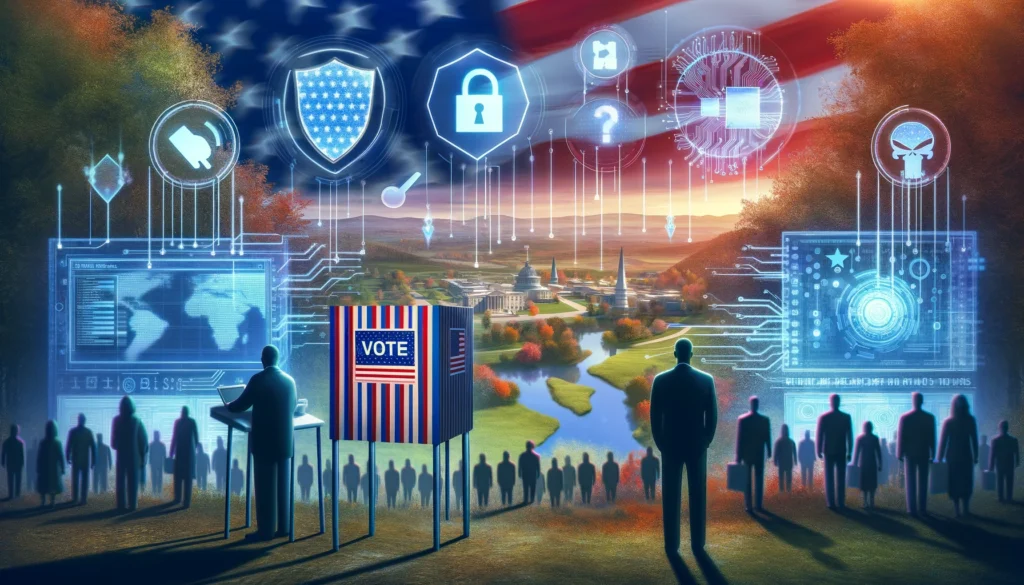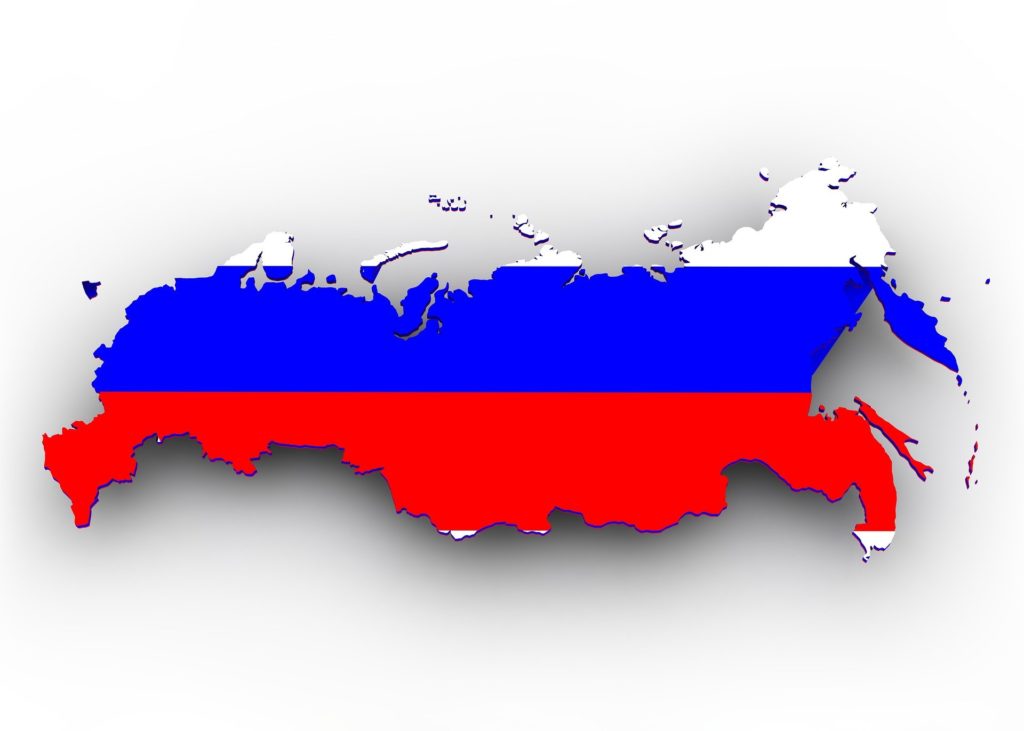We are less than 100 days from Election Day in the United States. There will be a lot at stake as voters choose between re-electing Donald Trump or kicking him to the curb in favor of presumptive Democrat nominee Joe Biden—or maybe Kanye West depending on what day it is. At the same time, it seems like concern over voting access and election integrity is growing—especially as the COVID-19 pandemic adds some complexity and raises unique issues. Highwire PR hosted a panel of experts to talk about some of the challenges we face with election security.
Rachel Tobac, CEO of SocialProof Security, moderated the discussion with a panel of respected experts on election security and technology. The panel included Mick Baccio, Security Advisor at Splunk, Bill Harrod, Federal CTO at MobileIron, Michael Daniel, President and CEO of Cyber Threat Alliance, Maggie MacAlpine, co-founder of Nordic Innovation Labs, and Betsy Cooper, Director of the Aspen Tech Policy Hub.
Rachel kicked things off by asking the panel what they believe are some of the biggest threats we face for the 2020 election. Bill Harrod shared that he doesn’t believe that the greatest threat we face will be on election day itself per se. He stressed that the biggest threat is a loss of trust from the electorate. The amount of misinformation undermines confidence, and when people lose faith in the election process itself there are major repercussions. Michael Daniel agreed, adding that the he believes the greatest threat for 2020 is that Americans may not trust the results of the election.
Some of the panel expressed concern over potential worst-case scenarios—that voters are not prepared for how long it will take to accurately calculate the results, and that the possibility exists for ballots to be challenged or not be counted in a 2020 version of the famous “hanging chad” incident of Bush v. Gore in 2000. To avoid these worst case scenarios, Betsy Cooper suggested that local election managers need to have contingency plans in place—a Plan B for when Plan A fails, and a Plan “Worst Case Scenario” for if the proverbial “stuff” hits the fan. Michael Daniel offered a silver lining—pointing out that elections are managed at a local level, and that this autonomy and diversity make it exceedingly difficult to influence or game the system at a national level.
Election Day and the security and integrity of the election is always a huge deal. This is 2020, though, and that means that all normal problems are exacerbated by the COVID-19 pandemic. What affect will that have on the election process? Bill Harrod believes that it will have a big impact. It has changed our perception of how the election process will go—shifting a lot of attention to mail-in ballots so voters can avoid lining up and putting themselves at risk of exposure to the virus. He also pointed out that the current quarantine and social distancing efforts mean that the press corps has far less day-to-day access than they typically would to the candidates, and there are fewer—if any—rallies or events where voters can interact directly with the candidates to help guide their decisions.
One message was consistent throughout the panel discussion—we should not expect a winner to be declared on election night. It is a tradition to turn on the news and watch the election returns come in and wait anxiously for networks to declare winners in each of the state races as polls close and votes are tallied. However, with the COVID-19 pandemic and the exponential increase in absentee or mail-in ballots, it simply won’t be possible to accurately declare a winner on election night. It will take days—perhaps more than a week—before a reasonable tally can be delivered. Given the preemptive rhetoric from the Trump campaign, there is a very real possibility that the results will be challenged in court, leading to a legal battle that may drag results into December before a winner is declared.
Everyone on the panel agreed that this is not only possible, but probable—and they stressed the need to convey that message to the voting public and get people mentally prepared. They also cautioned that the interceding time—the days and weeks between Election Day and the final results—will be fertile ground for disinformation and conspiracy theories. They suggested that we take proactive steps to prevent some of these issues, and also that we raise awareness for the general public so everyone understands that the delays are normal and expected, and that it is not necessarily evidence of some Illuminati conspiracy or a fascist coup to overthrow our democracy.
- AI Voice Clones and Mobile Phishing: The Cyber Threats You’re Not Ready For - July 11, 2025
- Rethinking Cloud Security for the Evolving Threat Landscape - July 11, 2025
- Why Data Security Is the Real AI Risk - June 30, 2025




Comments are closed.